The Dnipro State University of Internal Affairs officially opened its training camp, welcoming 100 new cadets, senior cadets, officers, and university leadership.
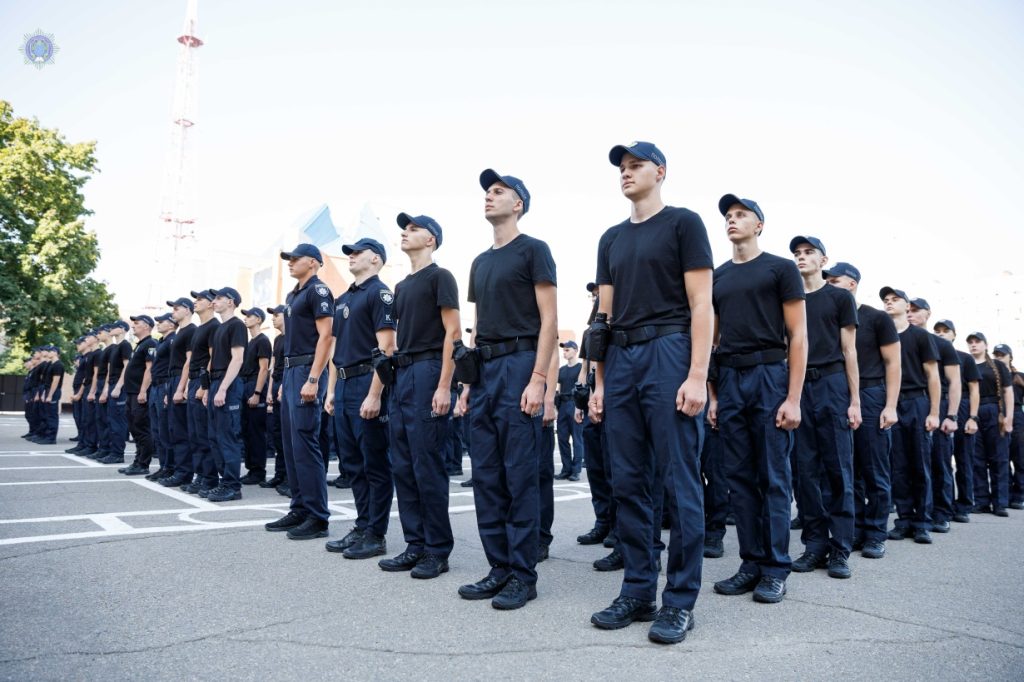
The camp aims to help cadets adapt to the educational environment of this specialized institution, enhancing their motivation to acquire the knowledge and skills necessary for a career in law enforcement. After the Ukrainian national anthem and a moment of silence for fallen heroes, Vice-Rector Ihor Kovalov addressed the participants, emphasizing the importance of their career choice and the modern role of police officers in both maintaining order and defending the country.
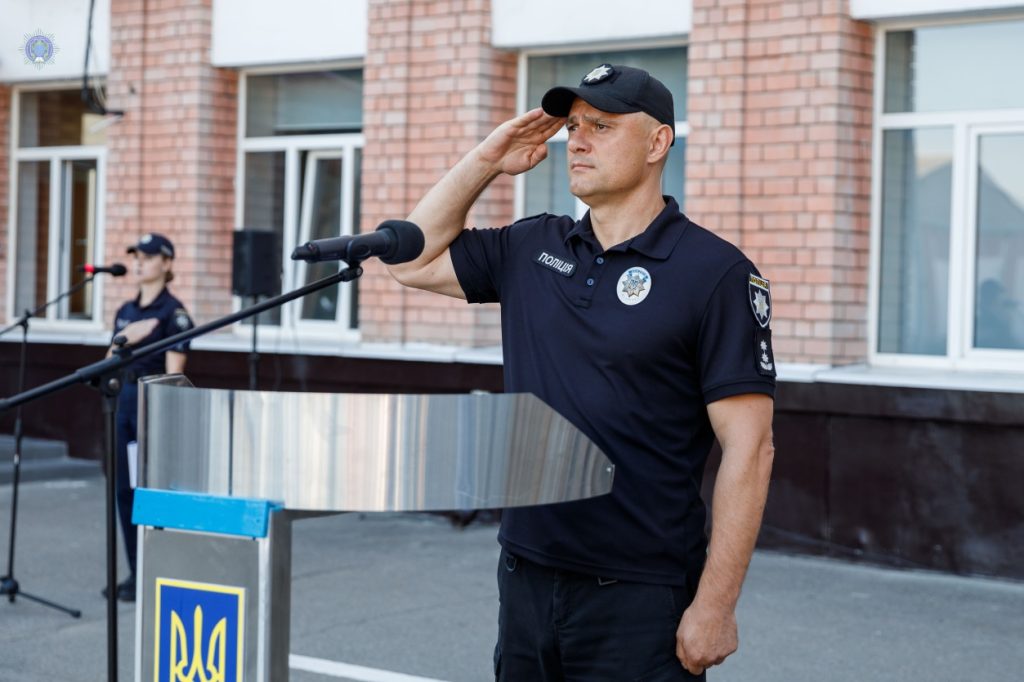
The Vice-Rector congratulated the participants of the training camp and emphasized the importance of their life choice. Ihor Kovalov highlighted that the modern tasks of police officers include not only maintaining law and order in the rear cities but also defending the country as part of the Security and Defense Forces. He noted that the cadets would face two weeks of trials and preparation for cadet life, after which they would take an oath and receive their police ranks.
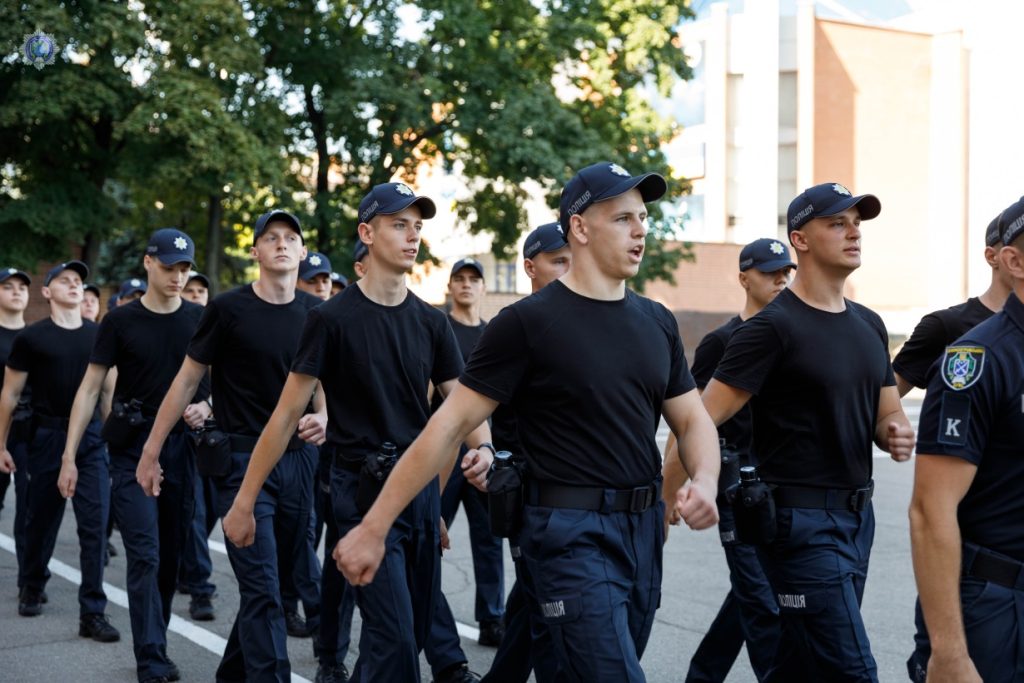
A meeting was held with the university leadership and participants of the training camp. DSUIA Rector Oleksandr Morgunov addressed the new cadets, emphasizing that the primary requirement for them is to be responsible and honorable, as they are now role models for society. He stressed that the university provides all the necessary resources for a quality and productive education, to prepare them for the esteemed title of law enforcement officer in the future.
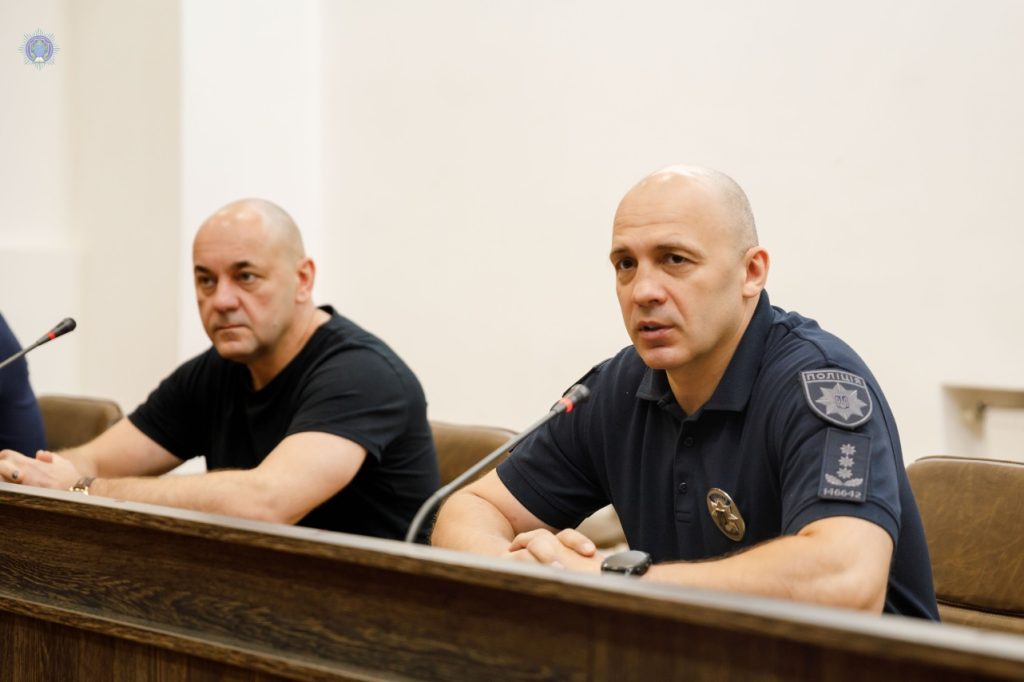
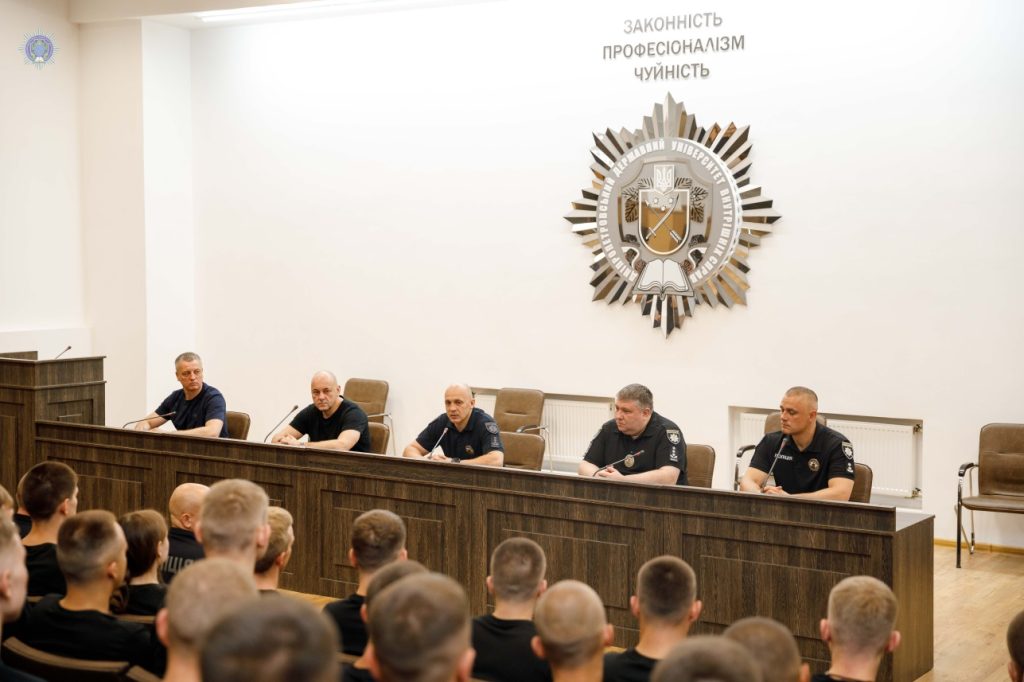
Additionally, the leadership of the Faculty for Training Specialists for the Criminal Police Units of the National Police of Ukraine and the Faculty for Training Specialists for the Pre-trial Investigation Bodies of the National Police of Ukraine conducted an initial briefing with the cadets. They introduced them to the police structure and duties, discussed the profession, and highlighted the importance of adhering to internal regulations, access control procedures, and the basic rights and responsibilities of cadets.
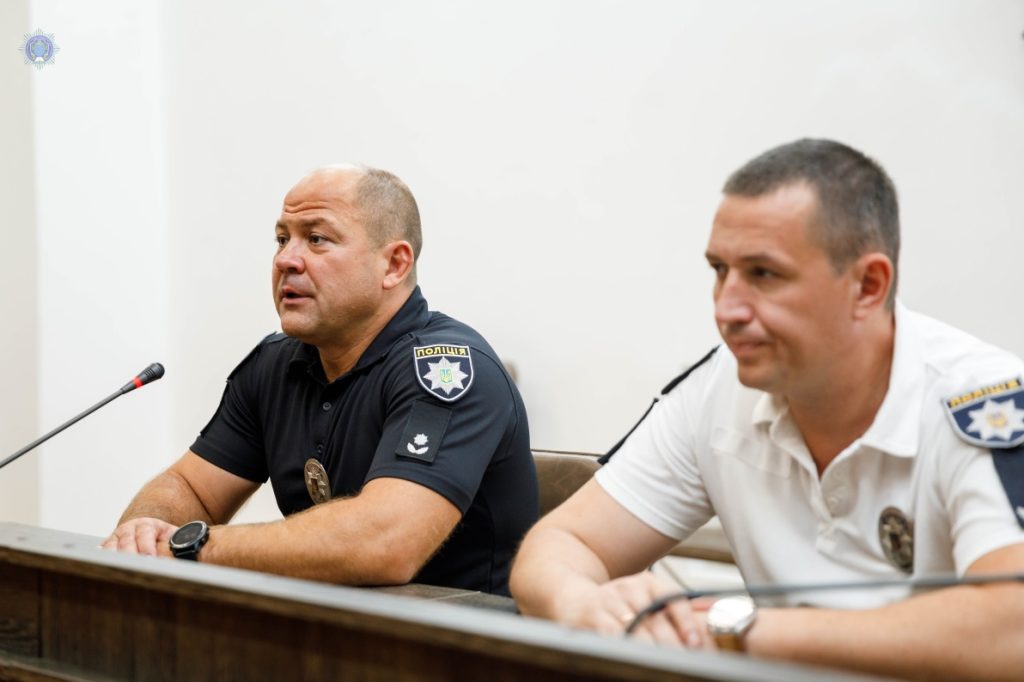
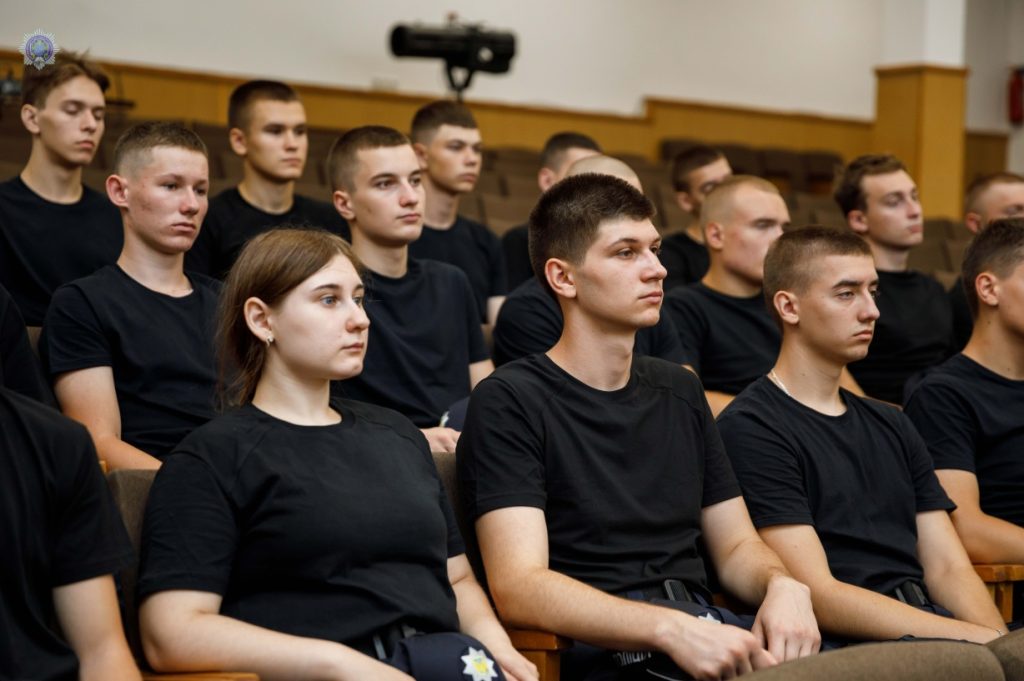
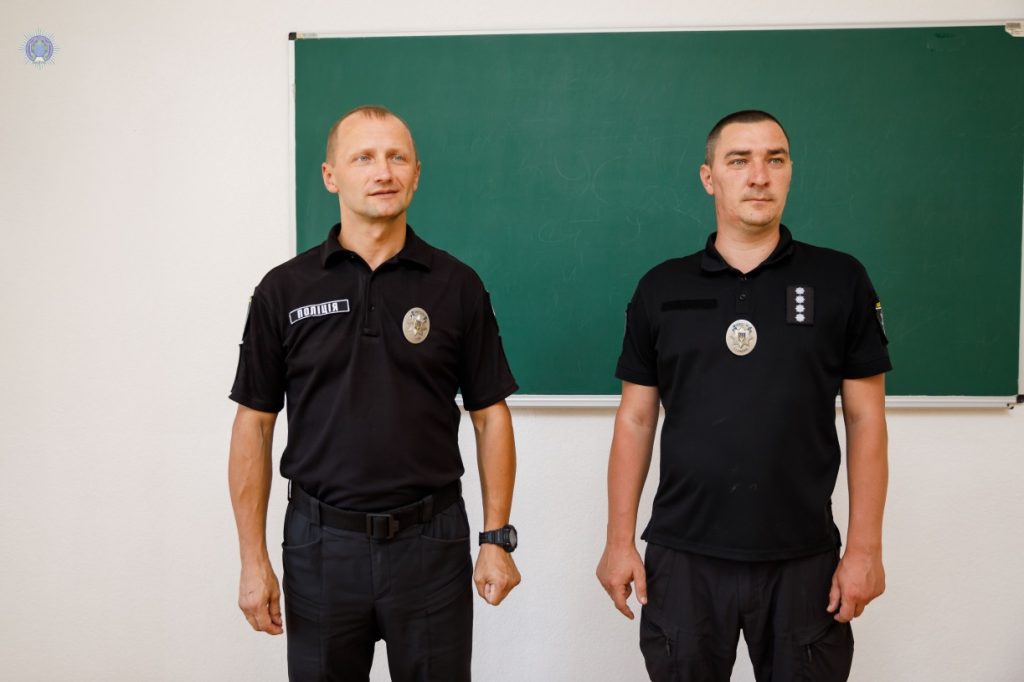
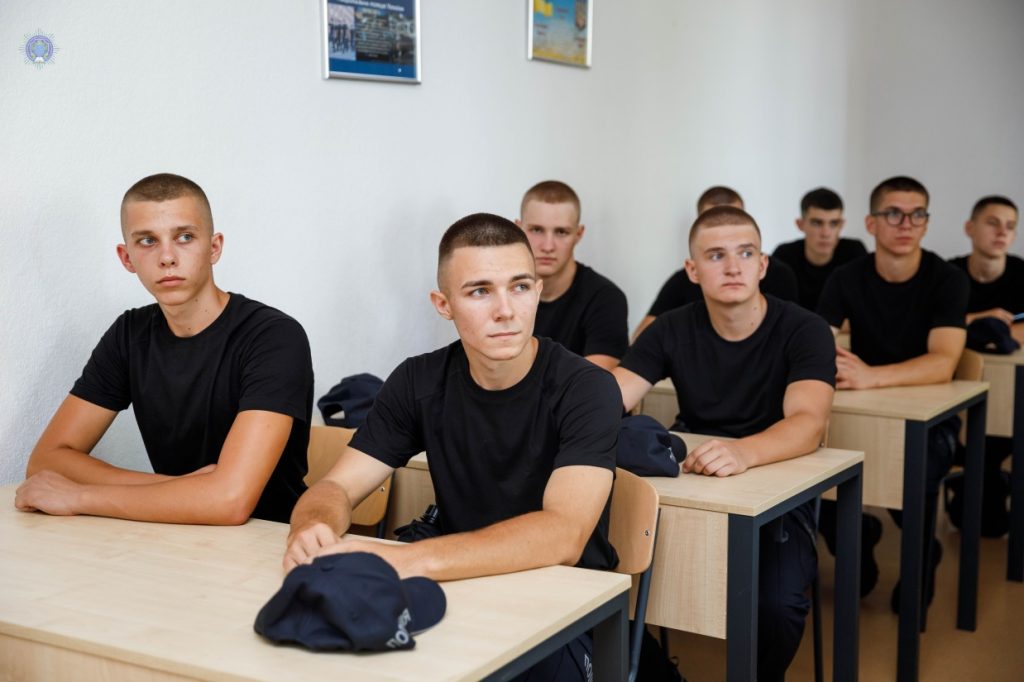
— 358

